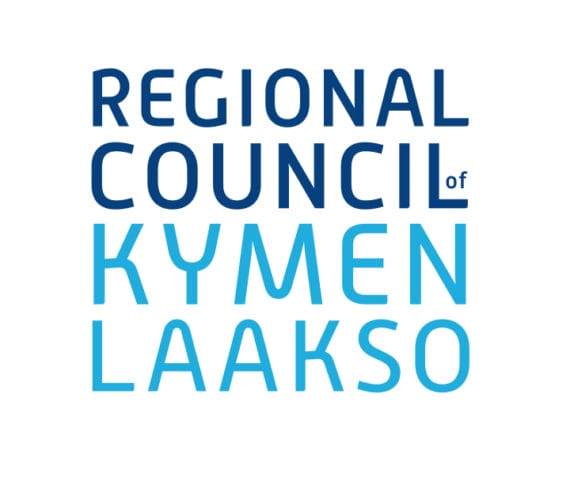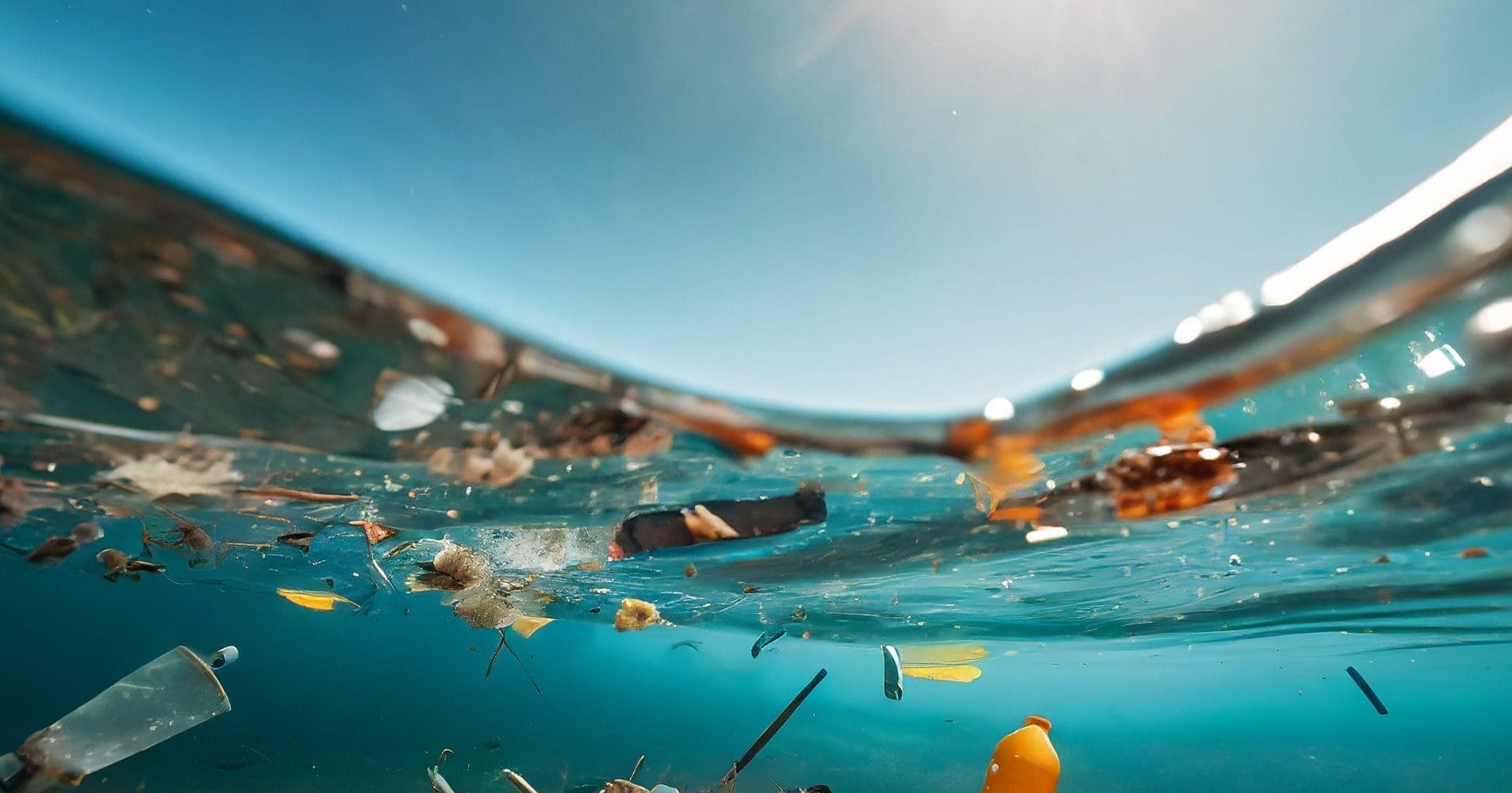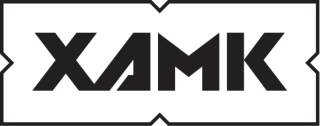


Flood Debris
Collecting Floodwater-borne Waste with Oil Spill Response Equipment
The project studies the feasibility of using oil spill response equipment to collect debris carried by floodwaters and transported to water bodies.
Marine litter collection tests
Oil spill response equipment test to collect marine litter
The project aims to support preparedness for post-flood management and explore the use of oil spill response equipment to collect debris washed away by floodwaters and carried into water bodies. Practical tests will be conducted to determine the usability of the equipment.
The results of the tests will be reported and the recovery systems that prove to be viable will be compiled into a ‘Flood Debris Recovery Operational Model using Oil Spill Response Equipment’ data package. The information package consists of a description of the recovery systems, an accompanying guide on safe working practices and protection needs.
The project will start with a background study on marine litter collection techniques used in other parts of the world. The background study will be given greater weight if the oil recovery equipment is found to be completely unsuitable for debris collection, thus fulfilling the project’s objective of identifying suitable equipment. The information package and the background study will be compiled in a report.
More options for post-flood clean-up activities.
In addition to the written outputs, the results will be disseminated in practical terms, both through the organisation of live demonstrations and through means of communication.
As a result of the project, the range of recovery equipment to be used in the event of flooding has been extended and awareness of the collection equipment has increased.
Identification of suitable equipment for marine litter collection and testing and planning of collection activities will speed up post-flood response and recovery and reduce environmental pollution. Pre-planning of debris collection activities will also increase occupational health and safety and cost-effectiveness of post-flood activities.
Main activities
Field tests will be carried out to assess the suitability of oil spill response equipment for collecting debris carried by floodwaters. The tests will be conducted at Xamk’s oil spill response test basin and equipment.
The tests will be used to assess the need for modification of the equipment and to adjust the equipment accordingly, to the extent that the modification work is appropriate within the budget. For collection systems that prove to be operational, a information package will be compiled, including operational descriptions of the equipment, estimates of the quantitative availability and a description of the organisation of safe collection activities.
The information package and the background study will be compiled in a single report. In addition, the information will be translated into practical knowledge by organising live demonstrations for the target group. The information will also be communicated through social media, Xamk’s publications and steering group work.
The project’s activities will be timetabled:
- WP 1 Background study on methods and equipment to be used for post-flood activities and/or marine litter collection (spring 2024)
- WP 2 Litter collection testing, development of a testing model, identification of equipment development or modification needs and assessment of equipment availability (summer-autumn 2024)
- WP 3 Description of a safe working model for flood debris collection with safety precautions (autumn 2024)
- WP 4 Demonstration day to translate results into practical knowledge (autumn 2024)
- WP 5 Reporting of results (winter 2024-2025)
- WP 6 Communication (throughout the project period).
Summary of the results – Abstract of the final report
Climate change increases the probability of rainstorms and flooding, which, in turn, increases the amount of litter entering water bodies. The flood-induced litter accumulation can reach such high densities that it causes localised blockages and prevents water from settling, thereby maintaining high water levels. Although litter is not a problem in our waters on a larger scale, it is detrimental to the aquatic environment, individual species, and wider habitats, including humans through accumulation in the food chain. This report looks at methods to manage and remove marine litter. This study assesses the feasibility of using oil spill response equipment to control litter washed by floodwaters and carried into water bodies. The performance of the oil recovery equipment for litter removal was investigated with practical tests at the Xamk oil spill response testing facility. In addition, equipment specifically designed for the removal of floating marine litter was identified. The availability of actual marine litter collectors in Finland is still limited. Therefore, relying on oil spill response equipment is appropriate whenever feasible. Although the oil recovery devices tested did not prove suitable for litter removal, other parts of the oil spill response system and operational procedures can be relied upon. In addition to booms, the hydraulic power packs of the oil recovery skimmers are helpful. Oil spill response vessels can also be used, for example, for boom deployment and litter containment, provided that their use does not compromise the authorities’ ability to carry out rescue operations. While this study is a small-scale experiment, it is hoped that it will serve as an opening for more comprehensive tests and that the resulting description of marine litter management methods will support the task of the responsible authorities in post-flood preparedness.
Facts
Flood Debris – Collecting Floodwater-borne Waste with Oil Spill Response Equipment
Info
Budget
Project nro: A81035




